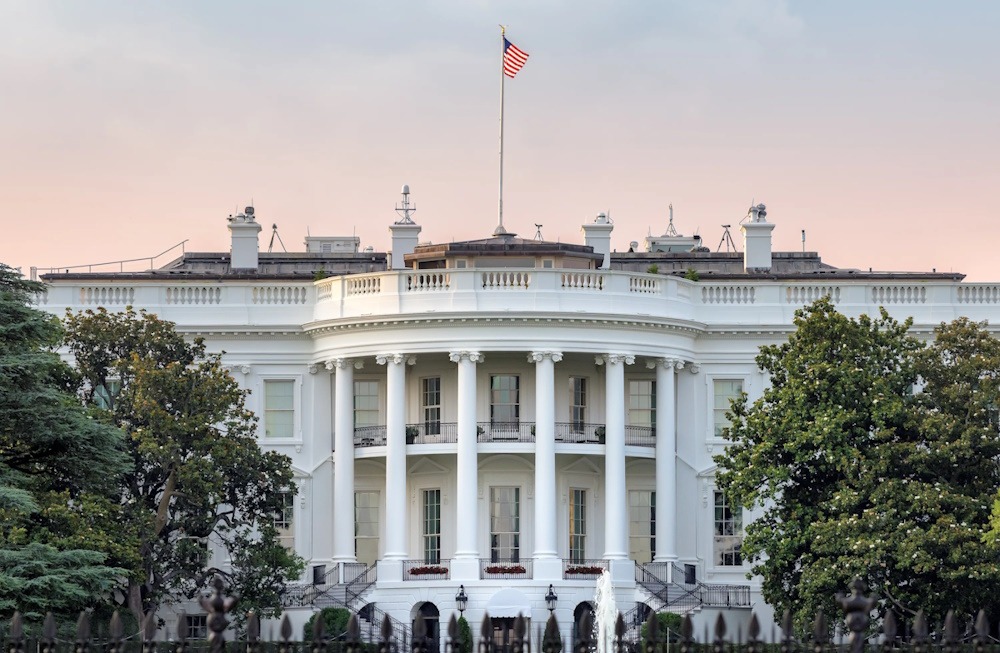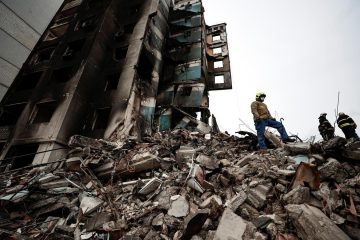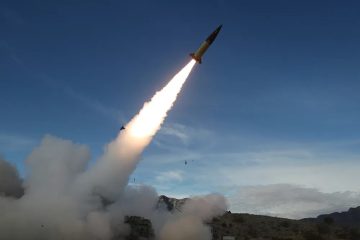Discussions between the US and Arab nations to release hostages in Gaza heat up

As the war teeters on the edge of escalation, the White House and Arab states are stepping up their attempts to negotiate a ceasefire in Gaza and the release of hostages held by Hamas. On Thursday, Washington sent a senior diplomat to Israel in an effort to facilitate this arrangement.
Just one day after meeting with Egyptian officials leading negotiations with Hamas’s leadership in Gaza, White House Middle East coordinator Brett McGurk is scheduled to meet with Israeli officials. Regional authorities have stated that William Burns, director of the Central Intelligence Agency, is also slated to meet with prominent Middle Eastern leaders in the next days, which could indicate that the negotiations are gaining steam. A weeklong truce was secured in November by Burns, who played a crucial role in the deal that freed over 100 Israeli hostages in return for Palestinian inmates.
The negotiations are taking place at a pivotal point in the Gaza war, as Israeli threats to assault Rafah, the southernmost city of the Strip, have heightened concerns about the safety of Israeli detainees and over a million Palestinian civilians seeking refuge there. Palestinian authorities, humanitarian organizations, and Western officials have all expressed concern that an assault on the heavily populated region could lead to the loss of life and property among the local populace, despite Israel’s insistence that it must strike the area in order to apprehend the Hamas militants who are believed to be sheltering there.
According to the officials, Burns’s encounter is expected to happen this coming Friday in Paris. Among those anticipated to attend the meetings are regional authorities Sheikh Mohammed bin Abdulrahman al-Thani of Qatar and Egyptian intelligence head Abbas Kamel, according to reports. Regional officials stated that Israel has not yet verified that Mossad chief David Barnea will be participating in the talks, despite his invitation.
The four heads of state last convened in January at a meeting in Paris, where they reached an agreement on a seven-day truce with the possibility of an extension.
President Biden is under increasing fire from members of his own party over the continuing arms shipments to Israel and the growing number of casualties in Gaza; the cease-fire negotiations are therefore of paramount importance to him. There is a lot of pressure on Biden to keep up the strong support for Israel that he took right after Hamas’s attack on October 7th, especially since he is running for re-election this year and the American people are divided on the war.
Palestinian health officials have reported around 29,000 casualties in Gaza since the conflict started in October. The majority of those casualties have been females and children, as their estimates do not differentiate between civilians and combatants. Much of the strip has been leveled by Israeli bombs, and the war has caused a catastrophe that puts many of the 2.3 million people who live there at danger of hunger.
In reaction to Hamas’s worst attack in the country’s history, which took place on October 7, killing 1,200 people—the majority of them Israeli civilians—Israeli forces attacked Gaza. Victims of the attack ranged from festival-goers to tiny Israeli towns bordering Gaza.
Israeli authorities reported that three assailants opened fire near a checkpoint on a major highway close to Jerusalem on Thursday, killing one person and wounding eight others. This is the most recent in a string of tragic incidents against civilians since the war began. Palestinians from the Bethlehem region were named as the assailants by Israel’s internal security agency.
Israeli police said that two assailants arrived in two vehicles and started firing during a traffic backup on the route connecting Ma’ale Adumim, a settlement in the West Bank, and Jerusalem. According to the security forces, they eliminated two assailants at the scene of the crime and later apprehended a third who attempted to flee.
Despite Biden’s mounting displeasure with Netanyahu’s leadership over the Gaza war, he has not yet considered cutting off weapons shipments to Israel as a means of pressuring Netanyahu to reverse his government’s stance. In its place, the administration has begun to offer incentives to Israel.
Egyptian authorities say that the negotiations have begun following Hamas’ announcement that it is prepared to reduce its demands for the number of Palestinian prisoners it wants released from prison to 3,000. In addition to those serving life sentences, the group had already called for the release of all juvenile and female inmates. According to the officials, the group is still requesting the release of individuals serving lengthy prison terms for crimes related to terrorism.
The duration of the cease fire is a critical remaining obstacle in the talks. As soon as the six-week truce starts, Hamas demands that negotiations for a permanent end to the fighting begin. According to Egyptian authorities, Hamas wanted a scheme wherein advancements in peace talks would determine whether hostages might be released further during the truce.
According to Netanyahu, he will not compromise on stopping the war.
Egyptian officials stated that Hamas’s latest offer stipulates the detention of male Israeli soldiers until a durable ceasefire and Israeli departure from Gaza are finalized.
Previous statements from Israeli officials indicated that they were solely open to discussing the humanitarian aid components of an agreement during negotiations. Egyptian officials have stated that Israeli officials have not dispatched a technical team to Cairo in order to initiate indirect conversations with Hamas.



